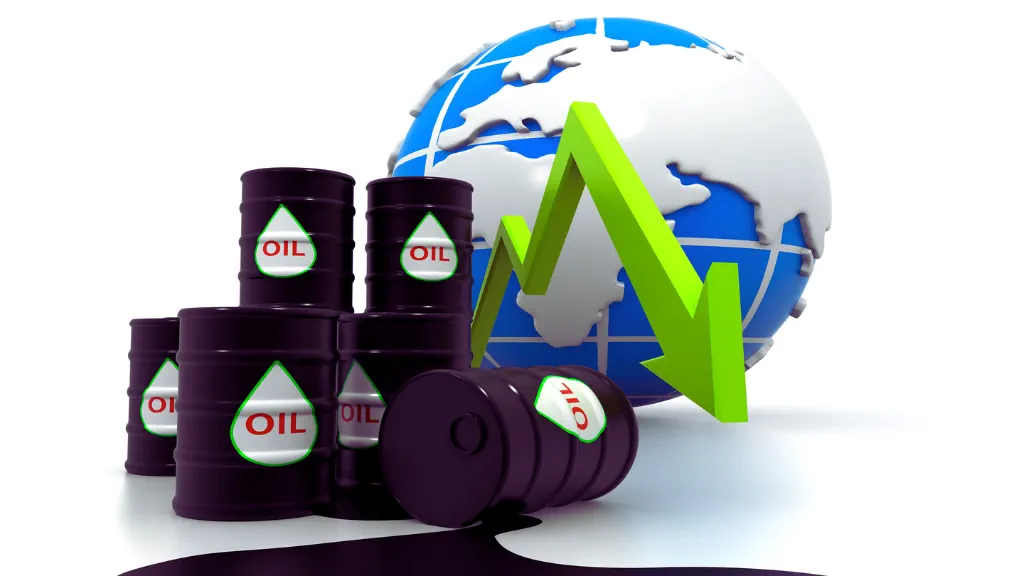
The global oil and commodities trade is a high-stakes arena — one where fortunes can rise or collapse in a matter of weeks. At the DataPro Kigali 2025 Masterclass, this reality was laid bare through a powerful real-world case study from Femi Otedola’s memoir, “Making It Big: Lessons from a Life in Business”. His experience, one of the most dramatic market reversals in Nigerian corporate history, offered participants timeless insights into how risk behaves in the real world and why preparation is just as critical as profit.
A Sudden Crash That Changed Everything
At the peak of an oil boom, crude prices were soaring to US$147 per barrel, and optimism across the market was almost universal. Confident the rally would hold, Otedola placed an order for US$500 million worth of diesel, expecting robust demand and strong margins. But markets have a way of humbling even the most experienced players.
The price started to slide. First to US$110, then shockingly it plunged further to US$37. The diesel he had bought at record-high prices was already en route to Nigeria, but by the time it arrived, it was worth only a fraction of its cost. “I’m finished,” he recalled thinking, as the value of his cargo evaporated before his eyes.
When One Risk Triggers Another
The damage did not end with collapsing prices. The sudden drop in oil revenue also meant fewer foreign currency inflows into Nigeria. The Central Bank devalued the Naira, pushing the exchange rate from ₦117/$1 to ₦165/$1, and with that, debt obligations ballooned. Loans that once seemed manageable swelled by tens of billions of Naira, and interest charges mounted relentlessly.
A transaction that initially looked like a straightforward commodities trade had now morphed into a multilayered financial crisis. What began as market risk quickly spiralled into currency risk and leverage risk, each compounding the other and intensifying the pressure on the business.
When Leverage Magnifies Losses
The episode also revealed how leverage, which is powerful in good times, can become a liability in downturns. The large scale of borrowing that financed the diesel purchase multiplied the fallout as the market moved against the trade. Debt service became heavier and margins vanished. It was a stark reminder that in volatile sectors like oil and commodities, financing decisions can be just as critical as trading strategies.
The Human Factor
Perhaps the most enduring lesson lay in the response to adversity itself. In an environment where risk cannot always be predicted or contained, the ability to stay focused and act decisively often determines whether a setback becomes a lasting collapse or the start of a recovery.
From Hard Lessons to Strategic Insight
The Kigali Masterclass used this story not as a cautionary tale alone but as a blueprint for understanding how risks unfold in interconnected ways. Above all, the case highlighted that risk in the oil and commodities market is not a single event — it is a chain reaction. Once set in motion, it can race through every corner of a business, testing its resilience and exposing its weak points. Success, therefore, depends less on predicting every twist in the market and more on anticipating vulnerabilities, building buffers and responding decisively when the unexpected happens.








Leave A Comment